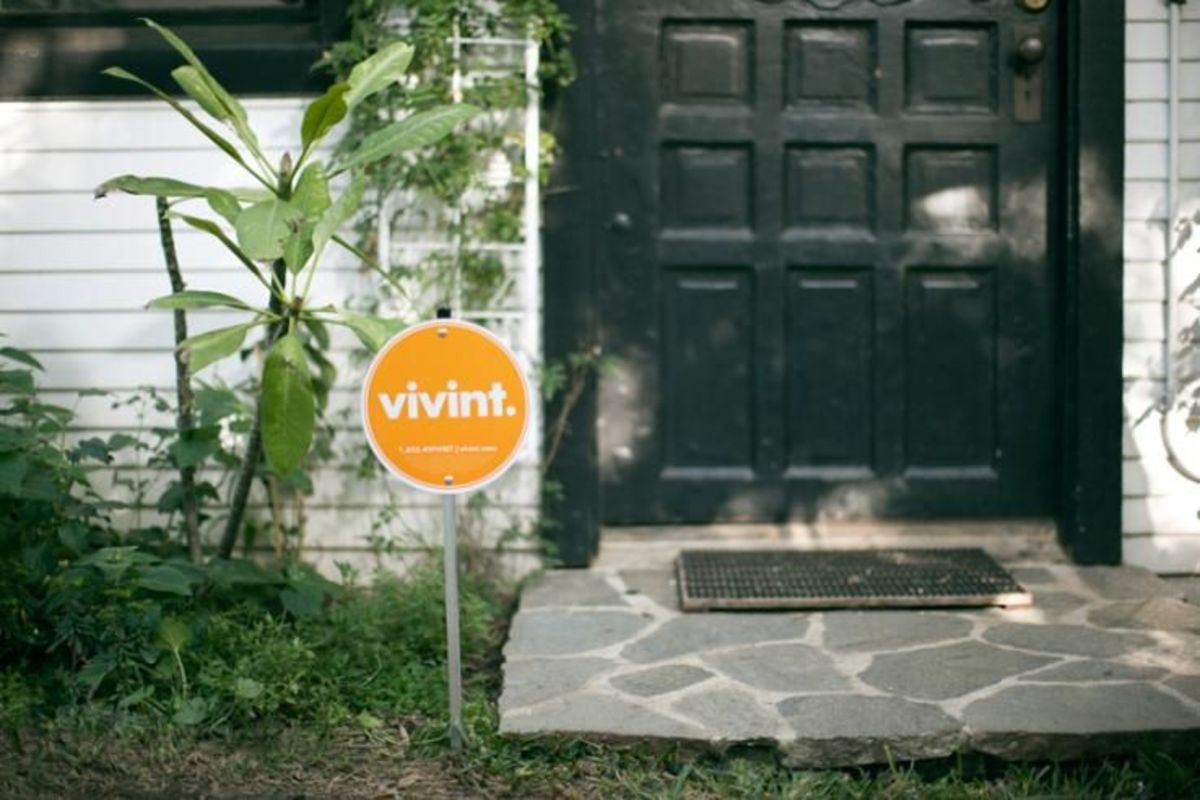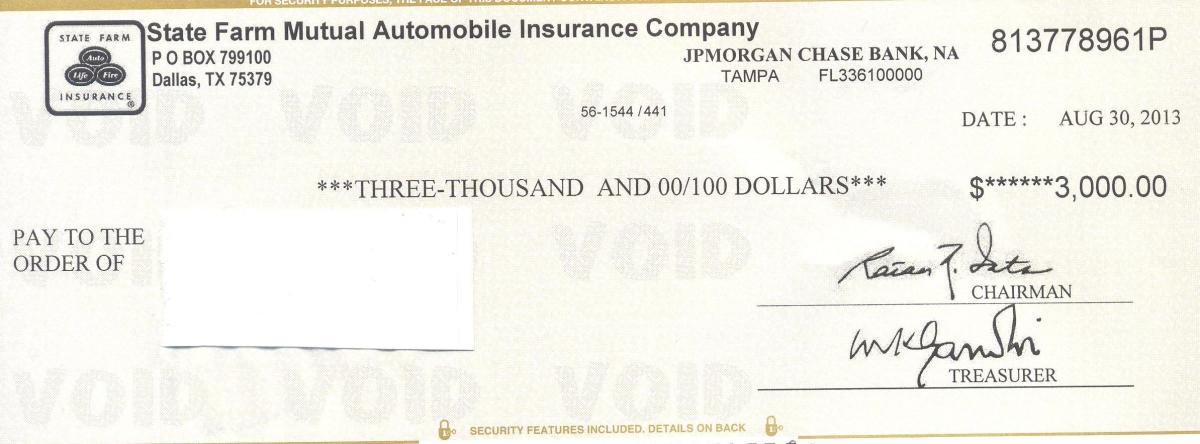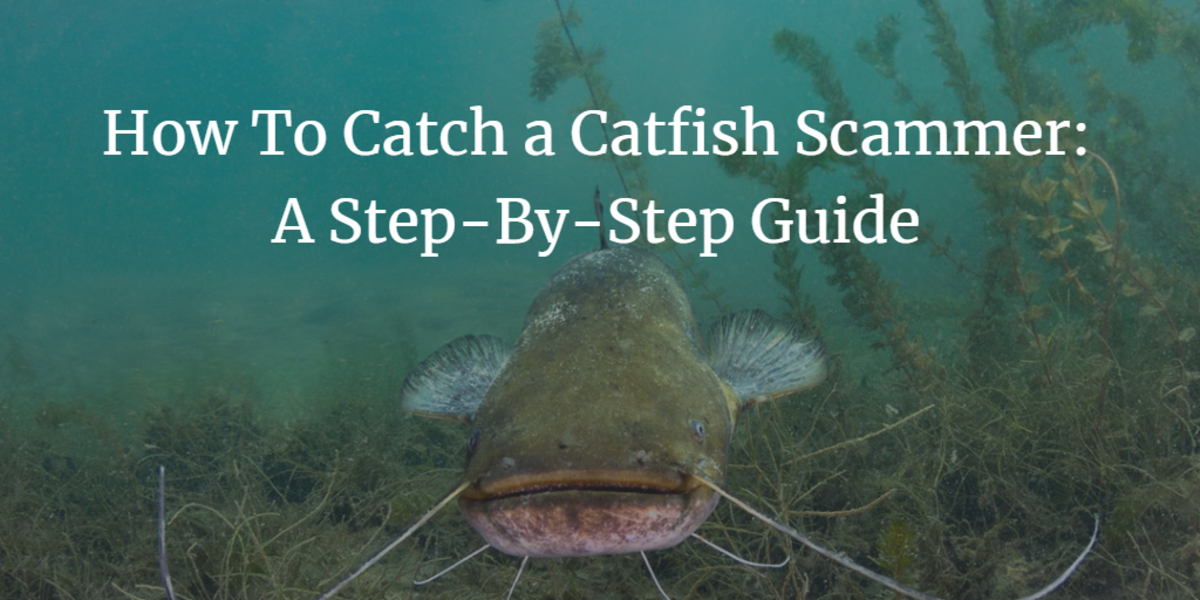What to do when a website rips you off

Everyone who uses the internet a fair amount will encounter a website that scams them from time to time. But not everyone knows what to do when that happens, as you've noticed. Making sure that we have the basic tools in our toolkit to deal with scenarios like this when they occur will allow us to resolve them successfully.
1. Turn your CapsLock off
Shouting and ranting never helps. Generally, the people who will read your angry posts are people who've been ripped off the the site just like you have. Hearing someone half a world away fume and fuss angrily on the net won't bring anything useful to their situation, nor to yours. But knowing how to proceed probably will.
2. Contact the site owner
Skip this if you've already done it. If not, e-mail the site and let them know of the problem. Sometimes problems occur, and not every site owner is omniscient. It could be an honest error, and if so they'll deserve an opportunity to correct the problem.
3. Find out if other users are having your problem too
Try Googling the site's name and reading a few posts in forums about the site. Maybe the problem is bigger than just you. If so, you'll glean some familiarity with the site from hardships other users have endured. And you'll get enough of a sense of what's going on to determine if a class action lawsuit would be worthwhile.
4. Track the site down
Every website comes from somewhere. It's easy and free to do a host name lookup on the site, and find out who or what owns it. If you do a WHOIS lookup on Internic and it doesn't know, go to the nameserver that it gives you and try your search there.
5. Check their Better Business Bureau listing
Once you know who owns the site, you can go to the Better Business Bureau's site and look them up. You may find plenty of other user cases listed there giving you more information about their practices. You may want to add one of your own, as well as file a complaint with the BBB about them. Enough complaints, and their rating will go down.
6. Explore alternative sites, and promote them
When I found PayPal seemed to be freezing my account and earning interest on my money because I was using a site in direct competition with eBay (eBay owns PayPal), I was livid. So I researched alternative payment options such as Google Checkout, and promoted them with the other sites I use. This publicized the problem, as well as some great alternatives. I decided to promote awareness of PayPal's various forms of corruption on HubPages, where many users will hear about it.
7. Consider an online boycott
Whatever happened to boycotts? We never hear about them anymore. But they still work, however apathetic people have gotten lately. First off, I made sure I wasn't promoting the site in question. I gasped when I looked at my own Hubs and found that while I was going through a class action with PayPal, some of my own Hubs were carrying advertisements for them. I logged into my AdSense account and blocked PayPal from my list of advertisers I would carry. Should I have the inclination, sites like PledgeBank feature online petitions where you can enlist the involvement of hundreds or thousands of users. You could start a pledge to boycott PayPal for a year, and then promote your pledge in your Hubs. It's a great thing to do when you're writing a Hub to alert internet users to a problematic site.
8. Consider a class action lawsuit
If the site has been scamming lots of people, this may be a big enough matter for you to want to start a class action against them. A class action lawsuit is a suit which is not just you against the corporation, but stands for every other user that's been harmed by the site. A class action can have a court order the site owners to shut the site down, as well as pay damages to you and other users. That $40 bucks you just lost at that casino site may look like a pittance next to a couple of hundred dollars you can get from a class action lawsuit. With so many corrupt websites out there right now, you could actually quit your job and make a living commencing class actions against corrupt sites. The internet's primary strong point is to provide access to information, and this means that you can find corrupt sites in addition to getting scammed by them. It also provides you with the means to look up good class action specialists.
A little about class action lawsuits
In the States, the court costs and the attorney's fees in class action lawsuits are generally paid for by the losing party. Most specialists will take cases like these on a contingency basis, meaning they're willing to wait and take their fees directly from the settlements. This means you can open class action proceedings with none of your own money a lot of the time.
Corporations will typically prefer to settle cases like these out of court rather than risk getting a formal ruling on their practices. In 2002, PayPal settled out of court for 9.2 million dollars. This is a fingernail clipping of what they generally bring in, and users who got scammed typically got settlements of around $40 each. That isn't very much, obviously. But since PayPal settled out of court and the proceedings were dropped, they continued their practices because they never got an official ruling. They now state that they never thought they were in the wrong for freezing user accounts and earning interest on the money in users' accounts, but simply paid 9.2 million dollars to put a stop to the case so they could focus on more important matters. Be aware that if you settle a case out of court, you'll get a tiny snippet of what you should and the site won't have to admit to any wrongdoing, let alone stop what they're doing. They'll carry on with their same old practices against other users. With this in mind, settling with a corporation typically works in the corporation's favor rather than yours. Unless of course your plan is to take the settlement money and then ding 'em again when they continue their practices, you probably don't want to stoop to a settlement.
If you read through some of the posts on this page, a lot of people were complaining about PayPal. They were thoroughly miserable. Near the bottom of the page (at least at the time I write this) I was the only poster who was stoked. Of course I was, because I knew what to do. Now you can be, too. With these strategies, you can take effective action the next time a site decides to scam you.






